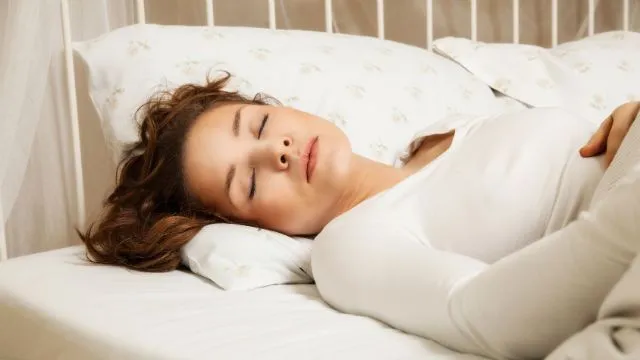
- Share on Facebook22
- Share on Pinterest
- Share on Twitter
Most everyone is familiar with the feeling of not getting enough sleep. When your tiredness leaves you feeling sleepy and sluggish all day long, it is a good bet you haven’t been getting the recommended seven to nine hours of sleep each night.
Is it possible that your workplace is to blame?
Early mornings are killing us
According to a study done by the University of Pennsylvania, the workplace may be one culprit in depriving us of sleep. By correlating the data regarding sleep patterns and work habits of 124,000 Americans, researchers determined that people beginning work by 6 am only had about six hours or less of sleep a night.
The subjects of the study who had the least amount of sleep reported working at least 1.5 hours longer on weekdays, and on weekends and/or holidays the times went up to 2 hours. These sleep-deprived subjects were also more likely to be working at multiple jobs.
Flexible schedules could make a difference
On the list of activities being performed instead of sleep, working was number one. The second highest activity was commuting, and third was socializing. Watching TV came in at a surprising number nine.
There was no measurable difference in the lack of sleep between government workers and those in the private sector; however, people who were self-employed were the least likely to be sleep deprived. It was this finding that prompted the researchers to suggest the consideration of flexible work schedules and later start times.
Perhaps a later start time would allow for an increase of total sleep time, and therefore, a possible boost in productivity due to greater mental clarity and alertness.
According to the study, for every hour later that their work or class started, subjects were reporting an additional 20 minutes of extra sleep. So, there is some foundation to the idea that later work times would lead to an increase of sleep.
Though, the most likely counter argument from your boss would be to simply go to bed earlier for the extra sleep time.
Insufficient sleep takes a physical toll on us
Lack of sufficient sleep has been linked with diabetes, high blood pressure and obesity, among other health issues. Not to mention the fact that 80,000 automobile accidents each year are caused by drowsy drivers.
 In a separate study by the Great British Sleep Survey, it was found that 88 percent of people with poor sleep suffered from reduced energy, compared to 29 percent of subjects who had sufficient sleep. It was also discovered that of the subjects who reported poor sleep, 62 percent claimed to struggle with thinking clearly, or with concentration in general.
In a separate study by the Great British Sleep Survey, it was found that 88 percent of people with poor sleep suffered from reduced energy, compared to 29 percent of subjects who had sufficient sleep. It was also discovered that of the subjects who reported poor sleep, 62 percent claimed to struggle with thinking clearly, or with concentration in general.
Hopefully, more flexible work schedules will become the norm in coming years – it seems they could do us a lot of good. In the meantime, no matter what time you need to get to work, make sure you get enough sleep!
-The Alternative Daily
Sources:
http://www.newsy.com/videos/why-your-boss-should-let-you-sleep-in
http://www.journalsleep.org/ViewAbstract.aspx?pid=29770
http://www.washingtonpost.com/blogs/wonkblog/wp/2014/12/15/americans-are-trading-sleep-for-work-and-its-literally-killing-us
https://www.sleepio.com/articles/sleep-science/sleep-deprivation-symptoms
- Share on Facebook22
- Share on Pinterest
- Share on Twitter

